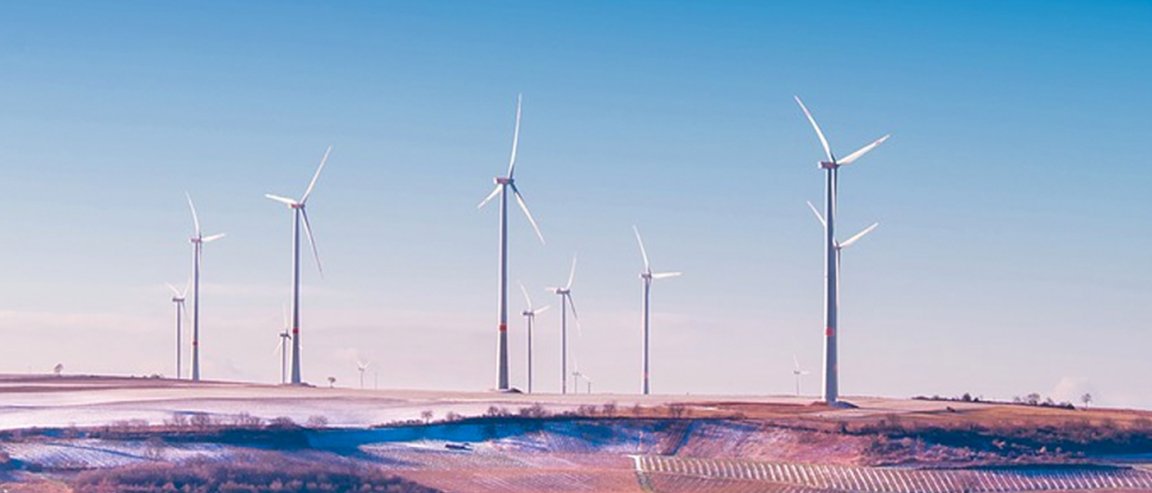
Nine out of Ten
Climate change is real — temperatures are rising, weather is getting more erratic, and glaciers continue to melt. According to experts, human activity is the main reason this is happening. Our dependence on fossil fuels and inability to address a fast-deteriorating Earth led us to this point. But thankfully, we can do things to help the situation.
Switching to renewable energy is a big part of combating climate change, and Europe just demonstrated the strides it has been making toward shifting to safer, cleaner power sources.
Last year, renewable energy accounted for 90 percent of new power added to Europe’s electrical grids. A total of 24.5 GW of new energy sources were built, and 21.1 GW were from solar, wind, hydro, and biomass. According to WindEurope, this is the first time that wind power’s capacity was higher than coal’s, allowing it to earn the distinction of being Europe’s second largest form of power capacity, behind just natural gas.

Thanks to countries like Germany, France, the Netherlands, Finland, Ireland, and Lithuania, all of which increased their wind capacity in 2016, wind farms accounted for over half of the renewable capacity. These increases included massive offshore projects, such as Gemini (a wind farm built off the coast of the Netherlands), Germany’s 582 MW Gode Wind 1 and 2, and the 144 MW Westermeerwind project, also in the Netherlands.
The Future of Renewables
These numbers may seem impressive, especially with Europe’s total wind power capacity adding up to 153.7 GW, but this figure is still very low relative to the continent’s total power capacity of 918.8 GW. It is a significant achievement, though, especially in comparison to the U.S. where only 63 percent of new energy capacity was from renewable sources.

While coal is still fulfilling most of Europe’s electricity demand, a continued push for renewable energy and a concerted effort to meet climate change goals set for 2020 has left governments hopeful that the gap will eventually be closed. To that end however, experts have expressed concern about the direction of renewable energy beyond 2020, citing countries like Portugal, Italy, Spain, and Greece, which all supported wind energy in the early 2000s, but now only account for a fraction of new installations.
Growth of renewable energy across Europe is evidently very uneven. Still, there’s every reason to be optimistic. Renewable energy has steadily demonstrated benefits to countries willing to invest in it, and it’s only a matter of time before the industry gathers the longterm support needed to ensure that a broader, regional shift to renewable sources happens.